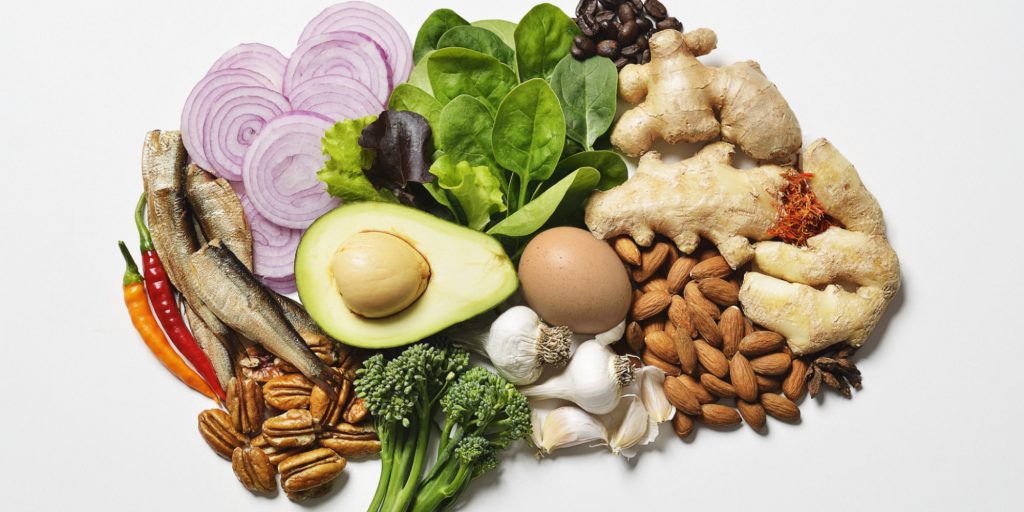Why bland diets may be better for weight loss, but not completely
By Ari Snaevarsson, Features Editor
An interesting concept in the realm of nutrition science and diet therapy for overweight/obese individuals is what is known as the “food reward hypothesis.” This states that the reward and hedonic values of food drive us to seek out more food, thereby directly influencing both food intake and body fatness. In essence, good-tasting food makes your brain go, “Oh, that is a good thing. Let me get more of that,” and you proceed to do just that, because resisting deep-seated biological drives evokes some of the most uncomfortable dissonance imaginable.
To me, this provides one of the bigger challenges to a reductionist “Calories in versus Calories out” (CiCo) understanding of diet. While the premise is sound that weight loss or gain boils down basically to an energy imbalance, imposed either via diet or exercise, this fact alone does not help people lose weight. If it did (and I will grant that part of the problem is that it is not taught widely or explained well), obesity would not be a global pandemic.
Menno Henselmans, the director of Bayesian Bodybuilding, put it best when he said (paraphrased), “Telling an overweight person to eat less is like telling a cigarette smoker to stop smoking.” This gets at the concept of obesity truly being an eating disorder, though it is not officially classified as one yet, and while I believe this wholeheartedly, it is too big of an issue to get into here. But the important takeaway is the need to get to the root of the problem. Part of that, as I have covered in great depth in my discontinued series on “How to stop screwing up on your diet,” is psychological, and psychology is driven by biology (and evolutionary biology, at that).
I may delve into this at a later time, but for now, I think it suffices to say that this should be taken with a grain of salt. Yes, filling your diet with lots of overly processed sweets and fried foods is probably not a great way to promote lifelong maintenance. However, a little bit of moderation goes a long way when we talk about a diet set-up you hope to maintain indefinitely. Include some good foods, but opt for the minimally processed, nutrient-dense ones when possible. Will the occasional Oreo or five kill you? Not even.

